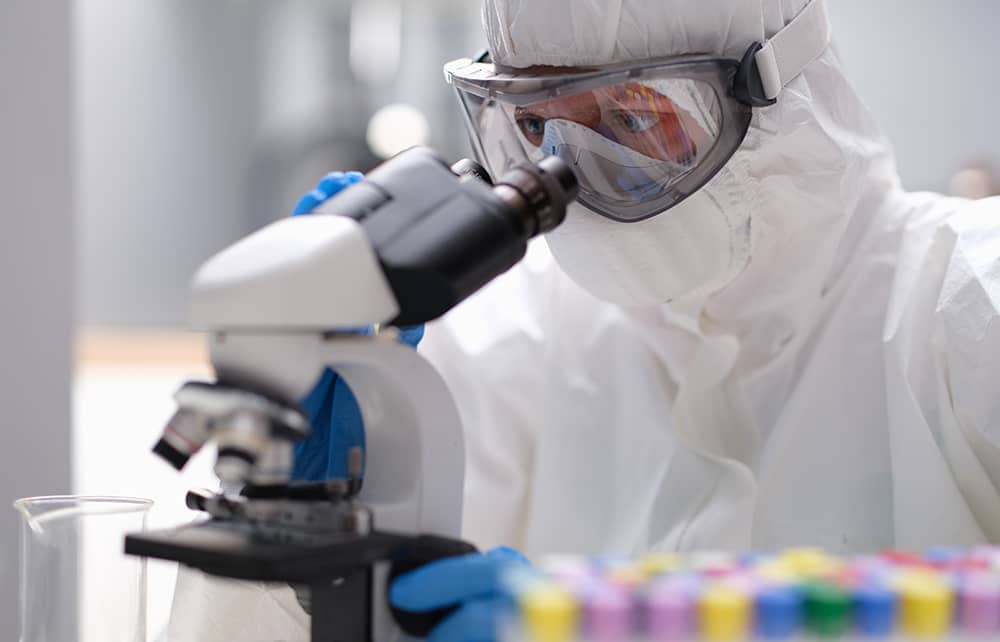When Ray Bradbury was asked if his dystopian vision in Fahrenheit 451 would become a reality, he replied: ‘I don’t try to predict the future. All I want to do is prevent it.’ In the hot embers of the Covid-19 pandemic, it may not be enough to foresee infectious disease threats if we lack the ability to forestall them. After all, predictions were made about 2019. In a Ted talk four years earlier, Bill Gates warned about what he later called ‘Disease X’, a respiratory disease that would cause millions of fatalities. Devi Sridhar, a professor of public health at the University of Edinburgh, addressed the Hay Festival in 2018 with an uncanny description of a zoonotic virus from China that could spread across the globe. Both Sridhar and Gates play down their prescience as the kind of thing anyone who is au fait with epidemiology might have come up with. But these predictions helped make them both authoritative voices in the two years that followed.
Gates brands himself as a fixer: personal computing, climate change, global health. He’s ‘an optimistic person who’s naturally inclined to focus on solutions’, he says. How to Prevent the Next Pandemic argues that Covid-19 was a systems failure. An efficient international network of data-sharing and biomedical collaboration scarcely existed in 2019, and the parts that did exist underperformed. Gates’s remedial plan is both simple and infuriatingly difficult, with suggestions that include: ‘Find new treatments fast’, ‘get better at detecting outbreaks early’, ‘help people protect themselves’ and capture ‘more data, more accurate data’. His final prescription – ‘strengthen health systems’ – encompasses the entire history of medicine. Gates’s central proposal is an ever-ready agency called Germ – the Global Epidemic Response and Mobilisation team – comprising 2,500 permanent multidisciplinary employees who detect, contain, treat and eradicate pathogens of concern.







Comments
Join the debate for just £1 a month
Be part of the conversation with other Spectator readers by getting your first three months for £3.
UNLOCK ACCESS Just £1 a monthAlready a subscriber? Log in